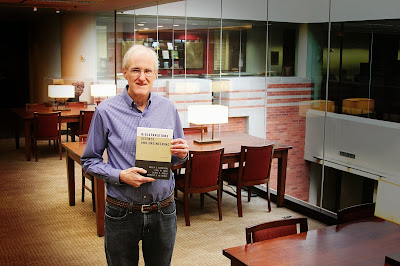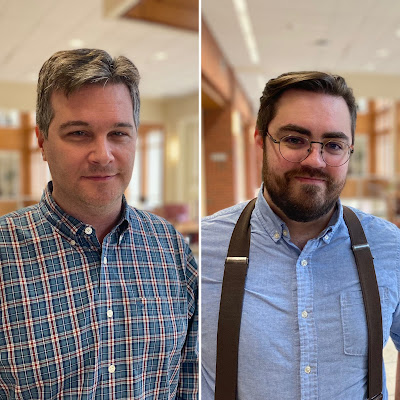CBME professor, Roger Harrison, publishes new edition bioseparations book
The demand for highly purified
biological products for commercial and consumer use has increased significantly
over the past decade, leaving a widening gap between the application and
engineers trained in the process. To respond to the growing need to separate
and purify these bioproducts, Roger Harrison, University of Oklahoma College of
Engineering professor in the School of Chemical, Biological and Materials
Engineering and also in the Biomedical Engineering Center, has released a revised
edition of the book “Biosepartions Science and Engineering” along with co-authors
Paul Todd, Scott Rudge and Demetri Petrides.
New to the second edition are
updated descriptions of the important chromatography separation method, which
is required for the purification of bioproducts that must be injected into the
bloodstream. As in the first edition, the various operations in bioseparation
processes are explained by first developing the scientific basis and
mathematical theory and then describing the applications of the theory in
engineering practice with an emphasis on design and scale-up. Aimed at students
and industry practitioners, the book also includes updated cost information and
expansion of the chapter on bioprocess design for the integration of various
bioseparation operations to develop economically optimal processes.
More than 60 universities worldwide
teach courses using the “Bioseparations Science and Engineering” textbook, a
powerful testament to the growing necessity of biotechnology development and
implementation throughout the world.
“As the world relies more on the
development of new biotechnology products in the pharmaceutical, agricultural
and specialty chemical industries, science and engineering will depend on efficient
bioseparation processes to meet the demand,” Harrison said. “This revised
edition addresses today’s growing need to educate a new generation of
scientists and engineers requiring up-to-date capabilities for developing new
bioseparations processes.”



